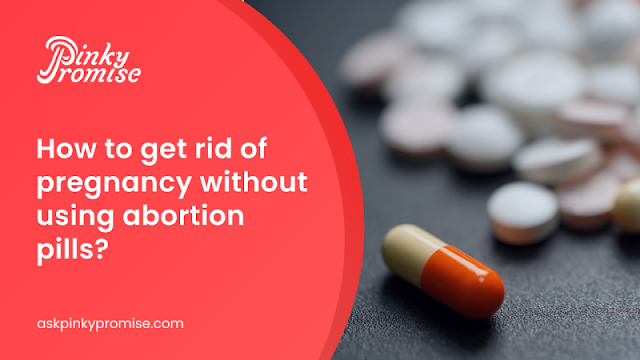Which daily contraceptive pills are safe to take
Daily oral contraceptive pills are the only birth control pills that are safe to take every day. Often people are confused between daily contraceptive pills and emergency contraceptive pills. What they need to understand is that daily contraceptive pills can be consumed every day and at the same time, in order to prevent an unwanted pregnancy. On the other hand, emergency contraceptive pills which are also known as the morning-after pill or by their brand names iPill and Unwanted72 are not designed for daily or regular use. As their name suggests, emergency contraceptive pills shall be consumed only for emergencies. For example, if you have had unprotected sex without taking birth control pills or in case your condom broke. These are the times when you can consume emergency contraceptive pills and be safe from undesired pregnancy.
The combined oral contraceptive pill (COCP) also known as the combination birth control pill and the progestin-only pill (POP or Mini Pill) are the two forms of regular contraceptive pills. One of the most often used birth control techniques is the pill. A combination of estrogen and progestin is found in the combination pill. The Progestin-Only Pill (or Mini Pill) as the name suggests, contains only progestin (synthetic form of progesterone) and does not contain estrogen. Though contraceptive pills are safe to take, your doctor will determine which ones to use based on an examination of any underlying physical conditions you may have.
Both pills are 99% effective at preventing pregnancy when taken correctly. However, in order for the pill to be most effective, it must be taken for a total of 21 days, at the same time every day (these 21 pills are referred to as 'active pills'). The combination pill helps to regulate the menstrual cycle by lowering heavy and painful periods, as well as PMS symptoms such as mood swings. It also aids in the treatment of PCOS symptoms such as acne and hair loss. When compared to the progestin-only pill, the combination pill is frequently the preferred contraceptive pill. However, if a woman is overweight and smokes, has a history of blood clots and health problems in their family, or if she is in the first six weeks of breastfeeding, among other contraindications, the COCP is not recommended, instead progestin-only pills will be given.
The combination pills function by preventing the ovaries from producing an egg, therefore preventing conception. As a result, if an egg is not able to meet a sperm, fertilisation will not occur, and pregnancy will not take place. It also thickens cervical mucus, making it more difficult for sperm to move up.1 Ovulation is also prevented by the progestin-only pill (POP), although not consistently. So, if you choose POP, it is critical that you take it at pretty much the same time every day.2
While the pill has numerous advantages, it is also important to be aware of its negative effects, which are usually minor. Your periods may become irregular, more frequent, stop, or lighten when you start using the pill. Spotty skin or breast soreness, bloating, and spotting are all possible side effects. While some women may not have any negative effects at all, others may discontinue taking the pills due to them. However, in the majority of cases, the pill's side effects subside within a few months!



Comments
Post a Comment